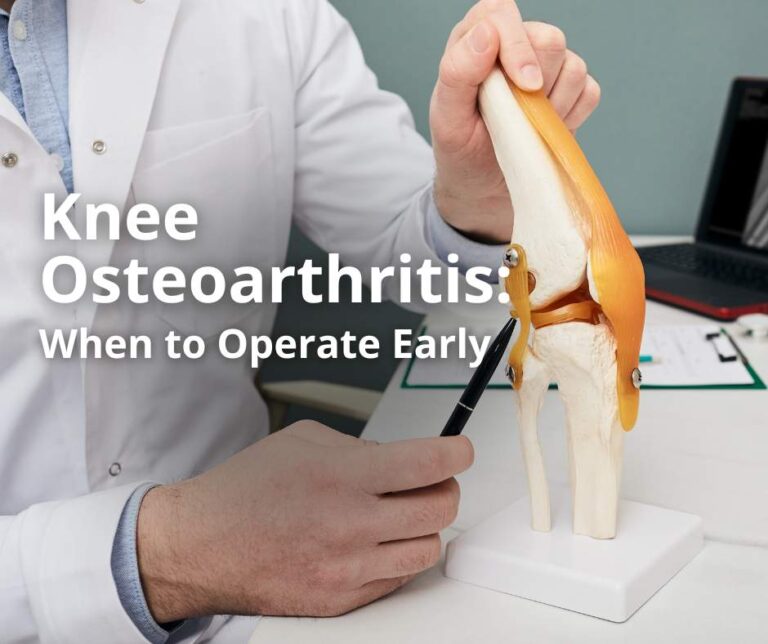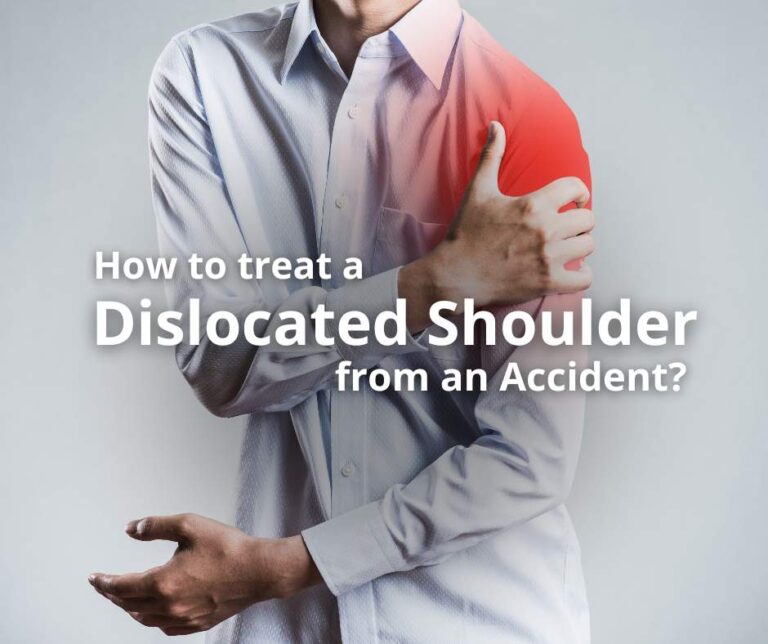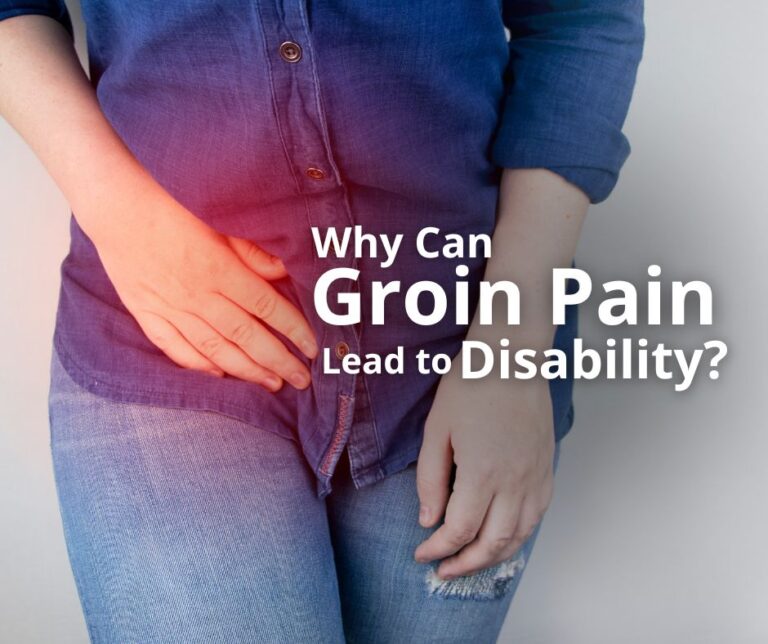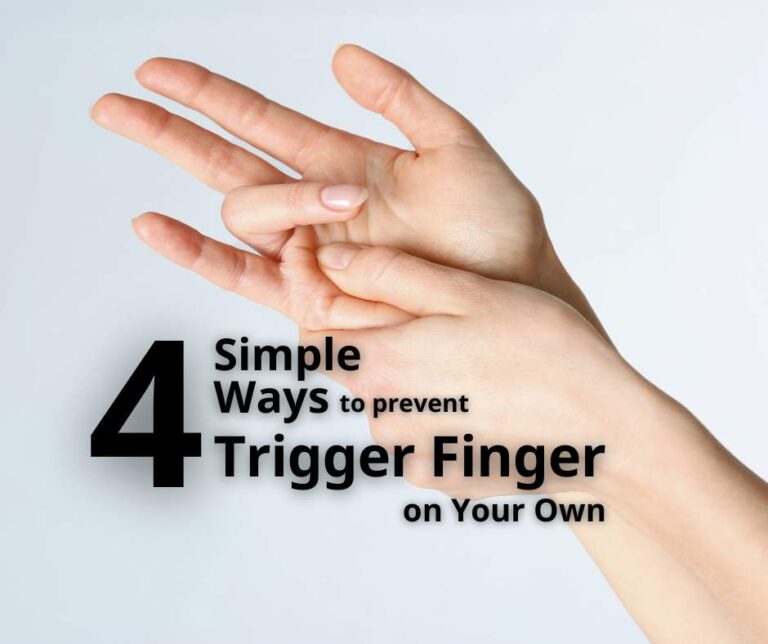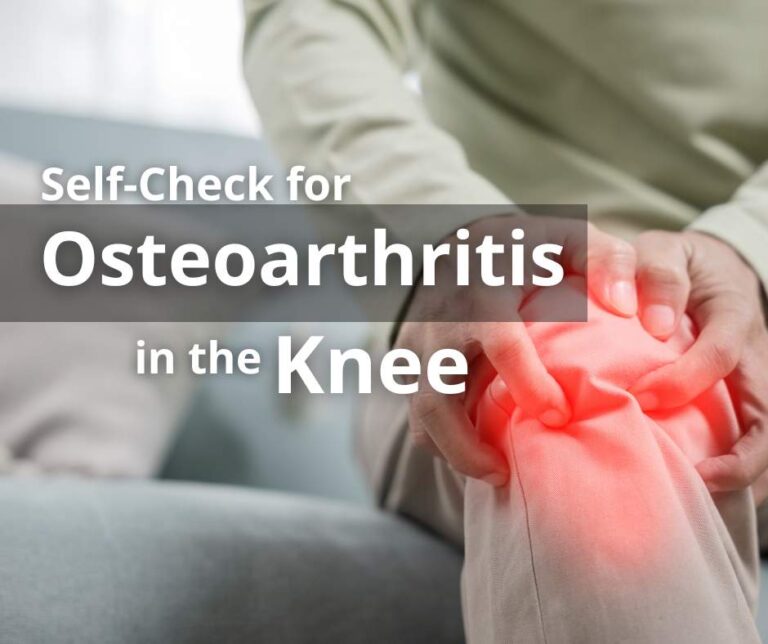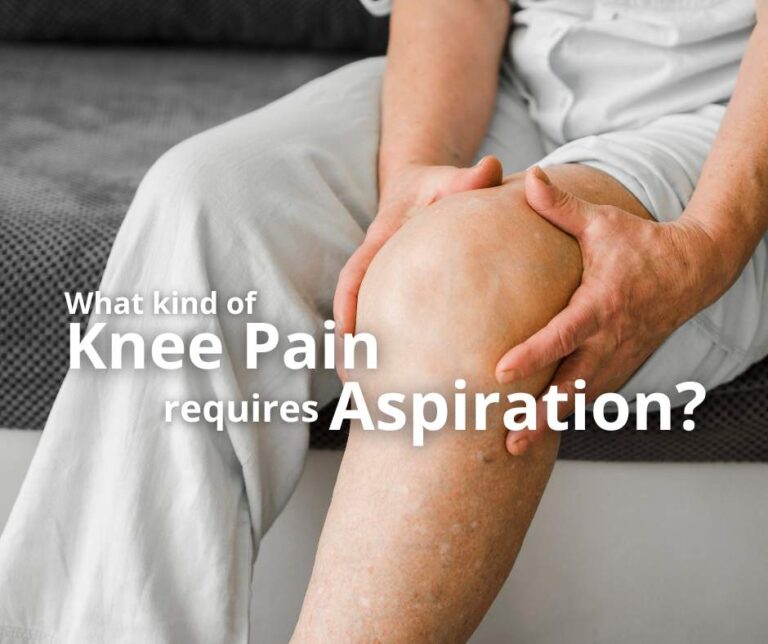@dr.pongbonetalk อดอาหาร แล้วตุยได้รึเปล่า? ขอแสดงความเสียใจ ครอบครัวคุณบุ้ง ด้วยนะครับ #หมอกระดูก #หมอ #แพทย์ #หมอโป้ง #คุยเฟื่องเรื่องกระดูก #เทรนด์วันนี้ #บุ้งทะลุวัง #อดอาหาร #ทะลุวัง #บุ้ง #เสียชีวิต @หมอโป้ง คุยเฟื่องเรื่องกระดูก @หมอโป้ง คุยเฟื่องเรื่องกระดูก @หมอโป้ง คุยเฟื่องเรื่องกระดูก ♬ Neon Dreams (Two AM Music) - Adriane Palikat
The question of how long one can survive without food is a common curiosity. However, did you know that starving can be life-threatening? Dr. Moo, a forensic medicine specialist, reveals the truth about the duration the human body can endure without food and water, explaining the influencing factors and potential dangers.
1. Duration the Body Can Survive Without Food and Water
The human body can survive without food and water for a certain period, but not indefinitely. Prolonged fasting can severely harm the body and eventually lead to death. This article delves into the specifics of how long the body can withstand starving and dehydration.
Duration Without Food
Generally, the human body can survive for several weeks without food, depending on factors such as body weight, age, and overall health. With access to water, survival can extend up to 60 days without food. When deprived of nutrients, the body starts using energy reserves from fat and muscle, a process known as ketosis, which begins 3-4 days after fasting starts. Initially, the body burns fat, then begins breaking down proteins from muscles and internal organs. However, prolonged fasting can lead to severe malnutrition, fatigue, and eventually, the failure of vital organs.
Duration Without Water
Water is more crucial to the body than food. Typically, the body can survive only 3-7 days without water, depending on environmental conditions and other factors. Dehydration quickly impacts the body, causing kidney function issues, lowered blood pressure, and potentially leading to coma. Without water, organs will start to fail, leading to death.
Factors Affecting Survival Duration
The duration the body can endure starving and dehydration varies among individuals, influenced by several key factors:
- Body Weight: Individuals with higher body fat can survive longer without food.
- Age: Older adults generally have less tolerance for fastingand dehydration compared to younger individuals due to lower physical resilience.
- Overall Health: Healthier individuals can better withstand nutrient deprivation than those with chronic illnesses.
- Environmental Conditions: Extreme heat or cold increases the body’s need for water and energy, shortening survival time.
- Activity Level: Higher physical exertion increases energy and water consumption, reducing survival duration.

2. How to Survive When Starving
In situations where you must endure prolonged periods without food, survival becomes paramount. While the human body can survive for several weeks without food, extended malnutrition can lead to severe complications and even death. Therefore, knowing how to manage such situations is crucial.
Finding Drinking Water from Natural Sources
Water is the most critical element for survival. The human body can only survive 3-5 days without water. Here are some methods to find safe drinking water in nature:
- Collect Rainwater: Use containers or plastic sheets to collect rainwater, which is one of the safest sources of water.
- Melt Snow or Ice: In cold regions, you can melt snow or ice for drinking water.
- Locate Natural Water Sources: Look for rivers, streams, or lakes. However, always boil the water before drinking to kill any pathogens.
- Extract Water from Plants: Some plants, like bamboo or certain vines, contain drinkable water.
Drinking enough clean water helps prevent dehydration and keeps your body functioning better even when fasting.
Reducing Physical Activity
When starving, the body starts using stored energy from fat and muscle. Reducing energy expenditure is essential. Here are some tips:
- Avoid Heavy Exercise: Refrain from running, lifting weights, or any high-energy activities.
- Move Slowly: Walk slowly instead of running or walking fast.
- Rest Frequently: Take regular breaks if you need to travel long distances.
- Avoid Heavy Labor: Do not lift heavy objects or engage in strenuous work.
Reducing physical activity helps conserve energy and prolongs the body’s ability to endure starvation.
Getting Adequate Rest
Adequate sleep and rest are vital during periods of starvation as they help the body recover and conserve energy. Here are some ways to ensure sufficient rest:
- Sleep 7-9 Hours Per Night: Aim for at least 7-9 hours of sleep each night.
- Take Short Naps: Nap during the day when feeling hungryor fatigued.
- Rest Periodically: Take regular breaks throughout the day.
- Avoid Stressful Activities: Stay away from activities that cause stress or anxiety.
- Practice Relaxation Techniques: Engage in meditation or deep breathing exercises to relax.
Adequate rest reduces stress and hunger, helping the body cope better with fasting. It also keeps the brain functioning well, aiding in decision-making and problem-solving during difficult situations.
3. The Impact of Resuming Eating After Fasting
Fasting for an extended period has significant effects on the body, and resuming eating afterward can be dangerous if not done carefully. Those who have been starving for a long time should be aware of the potential impacts when they start eating again to prevent life-threatening complications.
Refeeding Syndrome
Refeeding Syndrome is a complication that occurs when individuals who have been hungry or malnourished for a long time suddenly consume large amounts of food. This syndrome arises from the body’s rapid shift from a catabolic state (breaking down muscle) to an anabolic state (building muscle). This sudden change causes a rapid alteration in the levels of minerals and vitamins in the body when food is reintroduced after a period of fasting. Insulin levels spike quickly, causing minerals like phosphate, potassium, and magnesium to move into cells, leading to a rapid drop in their blood levels. Additionally, the body requires more vitamin B1 for glucose metabolism, which can lead to a deficiency.
Possible Symptoms
Individuals experiencing Refeeding Syndrome may exhibit a variety of symptoms depending on the severity of the mineral imbalances in their body. These symptoms include:
- Gastrointestinal symptoms: Diarrhea, loose stools, nausea, vomiting
- Neuromuscular symptoms: Numbness, weakness, cramps, seizures, confusion, lethargy
- Cardiovascular symptoms: Irregular heartbeat, high blood pressure
- Respiratory symptoms: Difficulty breathing, respiratory failure
In severe cases, Refeeding Syndrome can lead to coma or even death if not treated promptly.
Recovery Methods
Recovering from a prolonged period of starving should be done cautiously and under the supervision of a medical professional. Appropriate recovery methods include:
- Start with light meals: Begin with easily digestible and absorbable foods, such as gel-based foods that help condition the intestines.
- Gradually increase food intake: Slowly increase the amount of food, starting with about 20-25% of normal energy requirements and gradually increasing to normal levels by the end of the first week.
- Monitor blood mineral levels: Regularly check blood levels of minerals, especially phosphate, potassium, magnesium, and calcium, at least once a day during the first week.
- Supplement with vitamin B1: Provide 25-100 mg of vitamin B1 per day before starting food intake and continue for 7-10 days.
- Closely observe symptoms: Watch for any abnormal symptoms, such as diarrhea or other signs of complications.
Fasting for an extended period has more detrimental effects on the body than one might think, including the risk of infections, complications, and organ failure. Therefore, it is crucial to be cautious and consult a doctor before deciding to fast to maintain health and safety.
Read other related articles
- How Long Can You Live Without Food? by Megan Soliman, MD — Written by Natalie Silver
- How long can you survive without food? by Grant Tinsley, Ph.D., CSCS,*D, CISSN, Nutrition — Written by Amanda Barrell
- How Long Can You Go Without Food? By Angela Morrow, RN
- How Long Does It Take to Die If You Don’t Eat? by Dr. Sruthi M., MBBS
How Long Can a Person Survive without Food? by ALAN D. LIEBERSON


